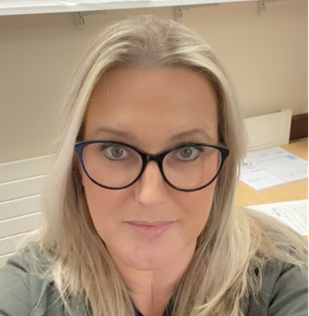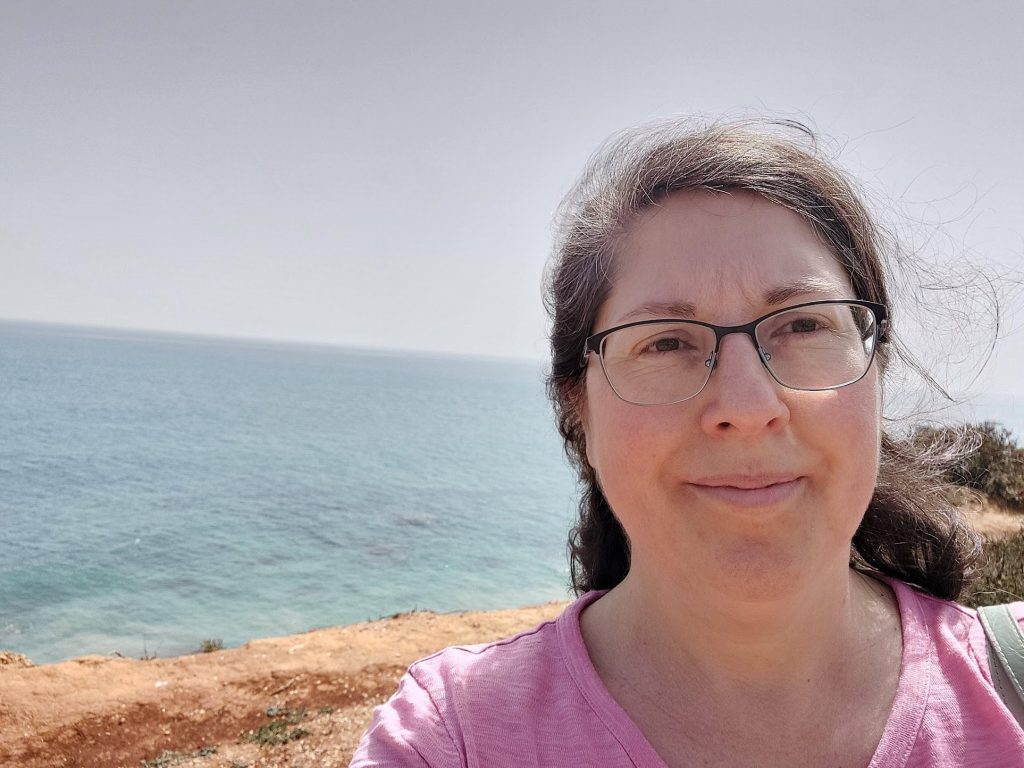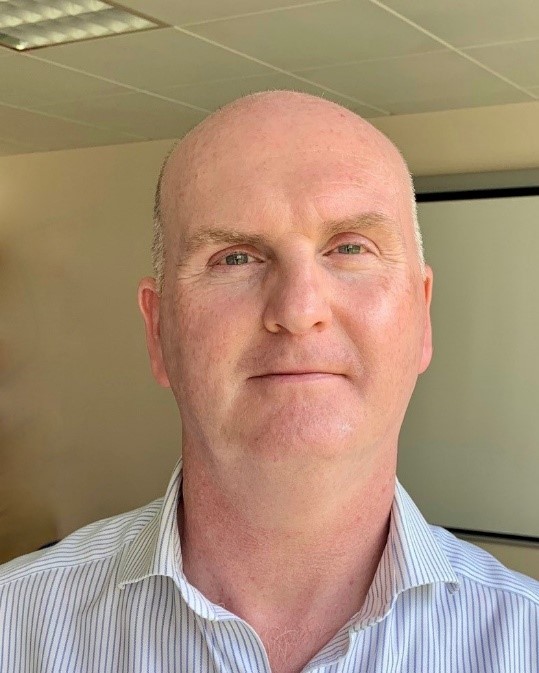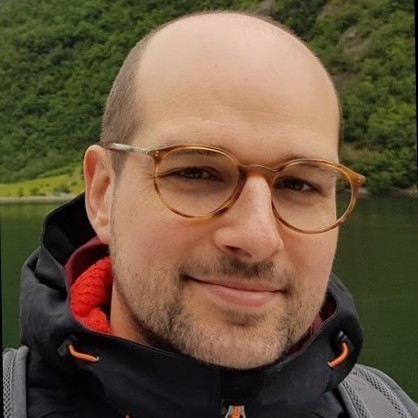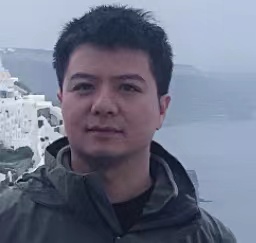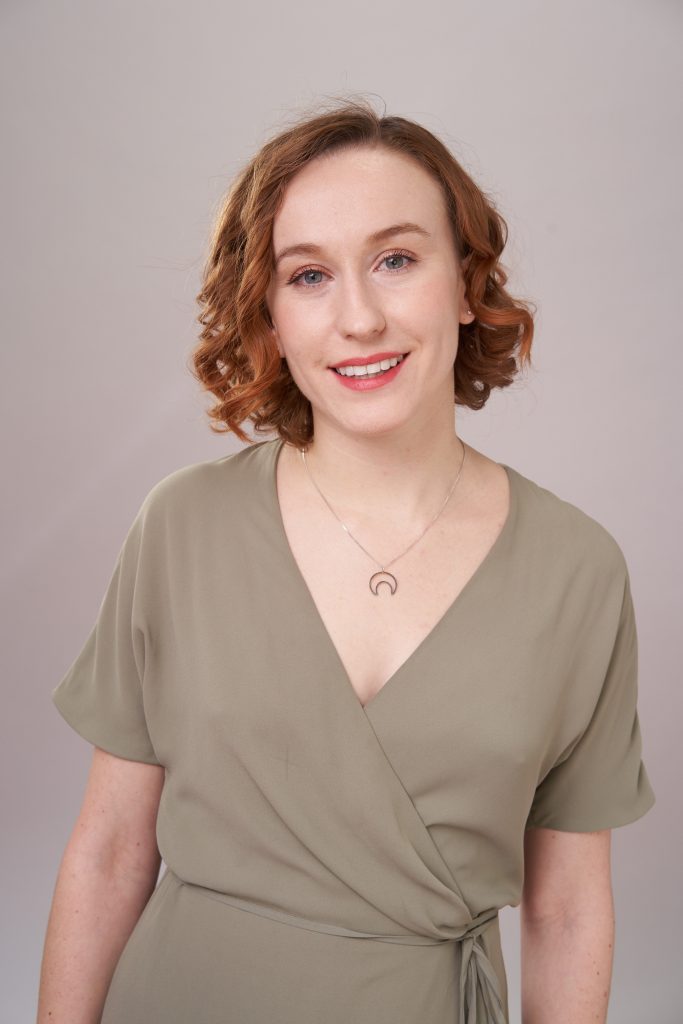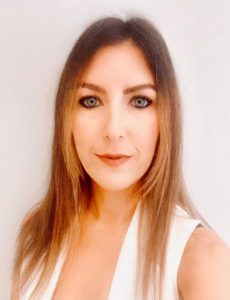
Dr Jenny Collins – Tissue Handling Technician & Communications Officer
What were you doing most recently before joining QUOD?
I had two part-time jobs before I started with the QUOD team. I worked in publishing, as a Managing Editor of an endocrinology journal and as a copy editor, and I also worked in a secondary school as a Science Technician.
What interested you about working with QUOD?
As well as my background in publishing, I previously worked at the University of Oxford in research. This role appealed as it gives me the opportunity to bring together my lab skills and publishing experience in an organ transplantation setting, which is hugely interesting and will have an enormous positive impact on people’s lives.
What does your role involve?
I receive biopsy samples from various tissues (heart, kidney, liver, and ureter) and process them for histology. The formalin-fixed paraffin-embedded samples are then stored in the QUOD Biobank until they are requested for research. When the samples are required for research, I then cut sections and prepare slides for histological analysis.
I will also be involved in public engagement and communications to help to increase awareness and visibility of QUOD and the incredible impact the biobank can have on transplant research.
Lightning round time:
If you were stuck on an island what three things would you bring?
A radio, a knife, and a great book.
Where’s your favourite place?
It has to be the Hermitage of Braid and Blackford Hill in Edinburgh. I grew up in Edinburgh and have a lot of great memories of family walks here, including rolling eggs down Blackford Hill at Easter, which has also become a family tradition with my own children.
Finally, what kinds of enquiries should people bring to you, and how best can they reach you?
Any questions about tissue processing or communications can be sent to me via email: jenny.collins@nds.ox.ac.uk.



